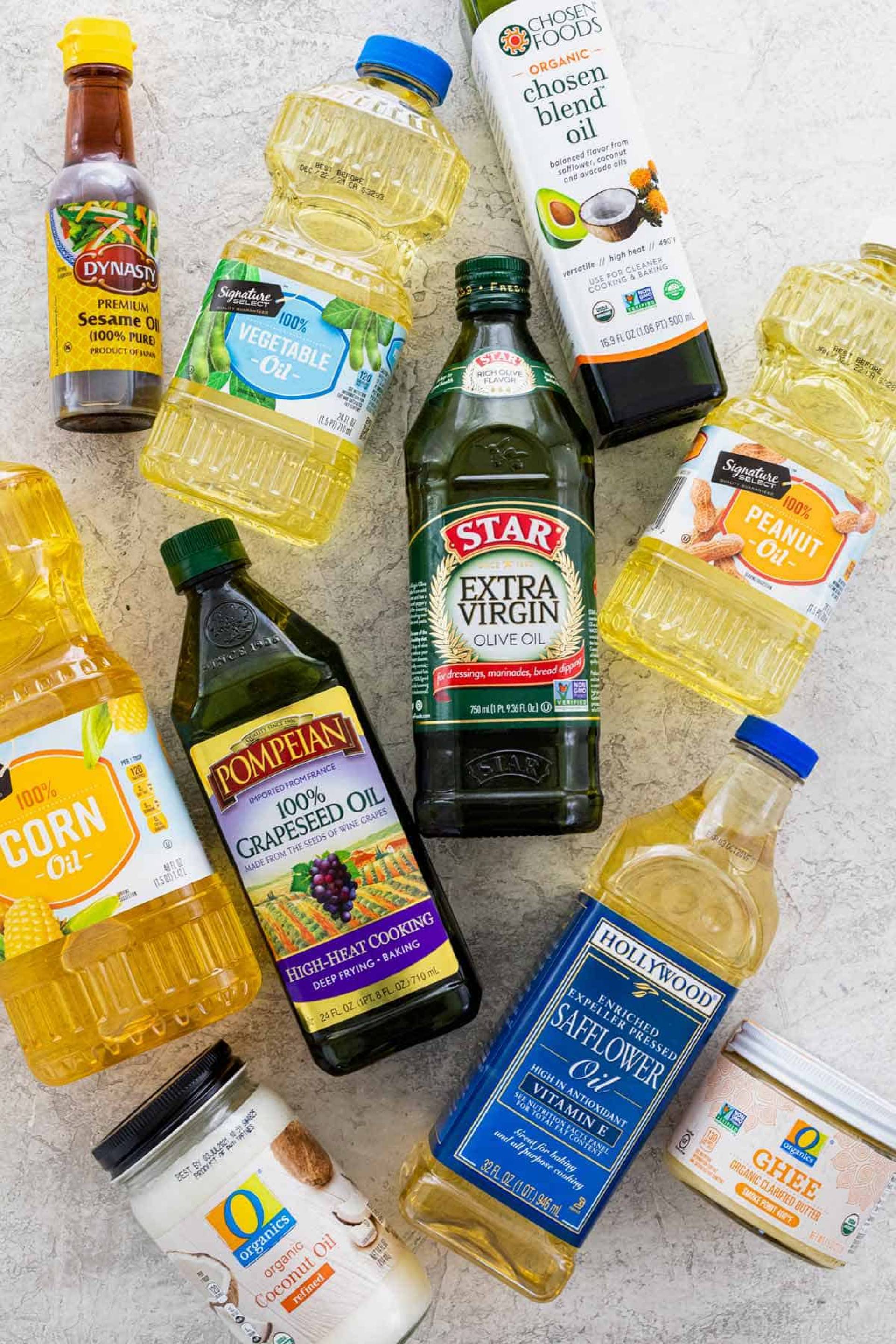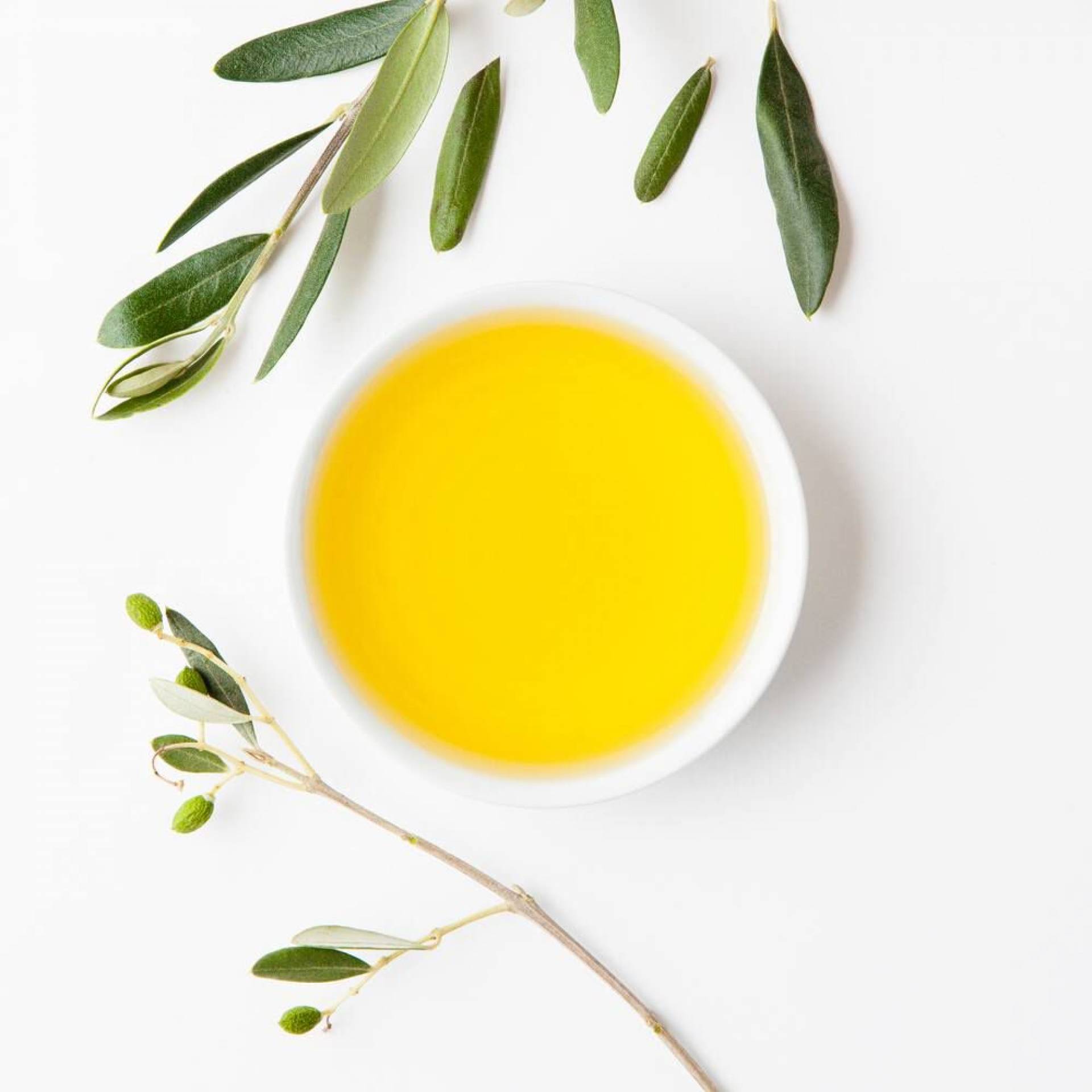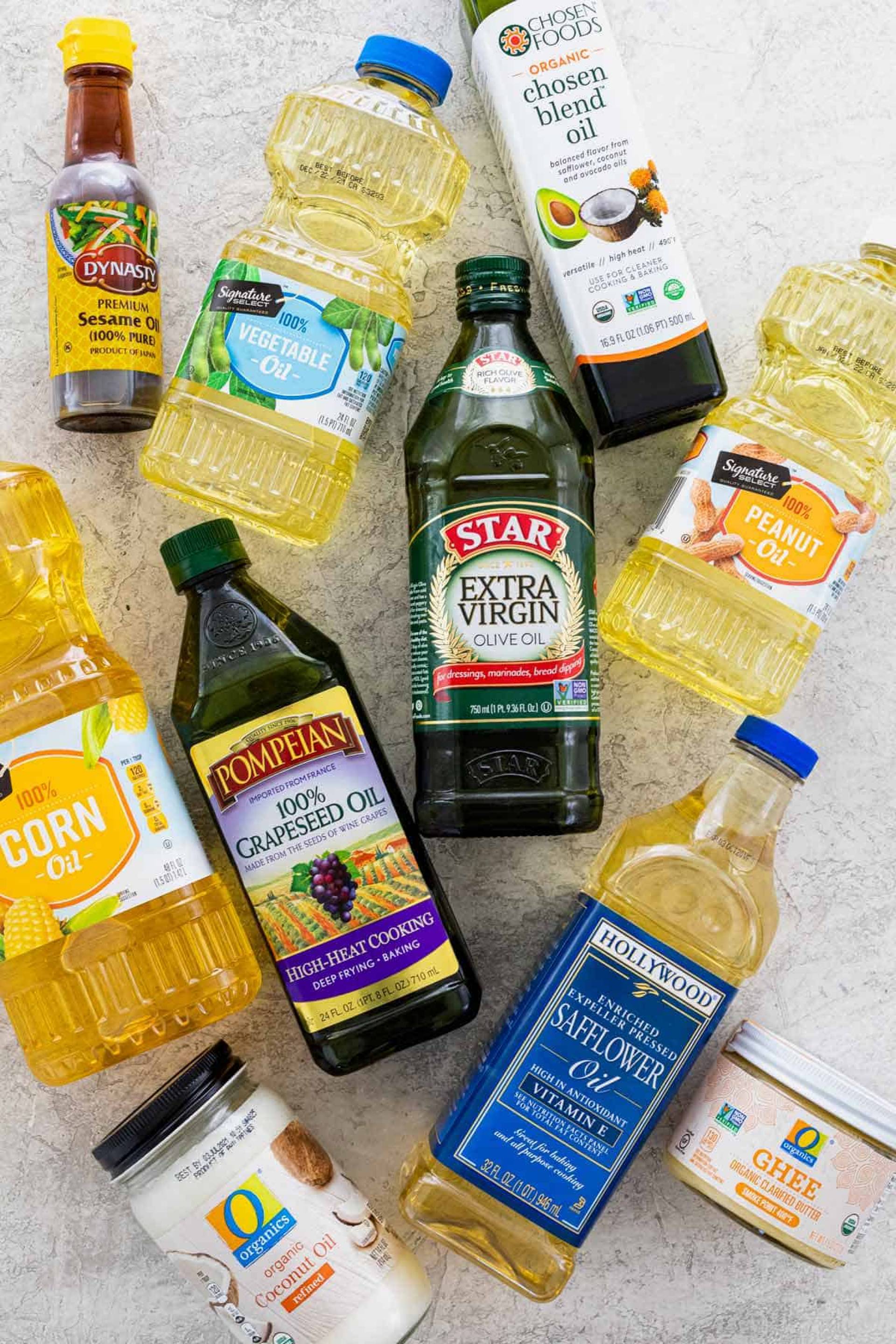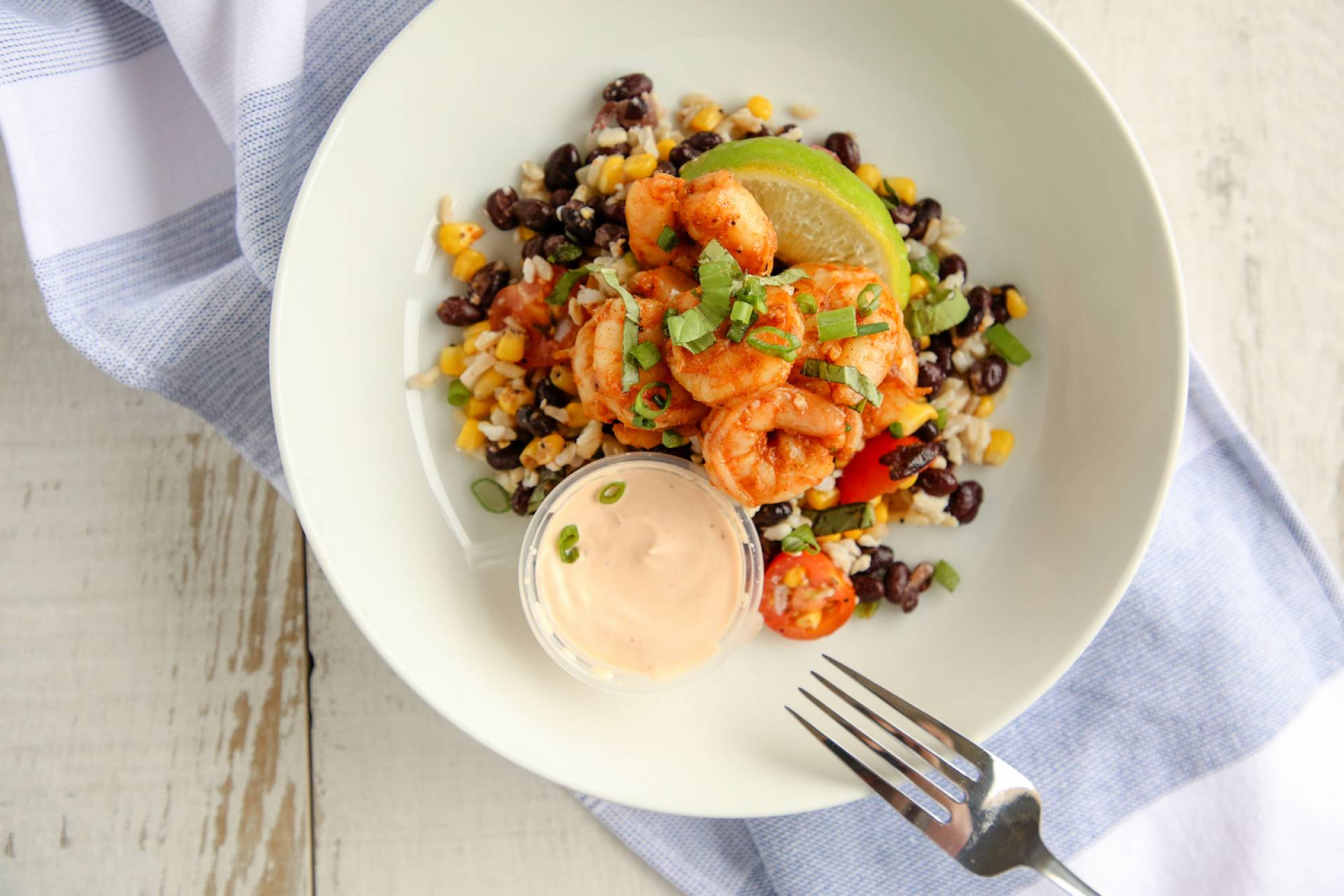
You can find them in almost every restaurant and grocery aisle in the country and still not enough people are talking about the harsh and long term side effects of refined oils. So many of the most common health issues that many Americans are facing daily are rooted in the consistent use of refined oils.
WHAT IS REFINED OIL?
Refined oils are vegetable, nut, or seed oils which have been highly processed to make them more shelf-stable. Yes, all pre-made oils are processed to some degree via different extraction methods. However, refined oils are extracted using high-heat and/or toxic chemical solvents and may go through a deodorizing and bleaching process.
This type of processing denatures the oils, creating trans-fatty substances. It also removes their natural vitamins, minerals, and antioxidants, causing these oils to go rancid very quickly. This creates free-radical substances and contaminates them with toxic debris.
These inflammatory oils are one of the major reasons for all the pain, inflammation, and brain issues we have today. Sadly, they are affecting children as well as adults. How does this affect us, health-wise? In a few ways. When we consume refined, rancid oil it triggers the release of free radicals which create inflammation and damage the integrity of our cells, while the trans-fatty substances wreak havoc on our cardiovascular health. This is important to understand as nearly all chronic diseases, from heart disease and cancer to Parkinson’s disease and dementia, are rooted in chronic inflammation. Plus, the chemicals left over from the deodorization and bleaching process place an additional burden on our livers and other organs of detoxification. These oils are also very high in pro-inflammatory omega-6 fatty acids, which creates a whole other cascade of health issues.
OILS YOU SHOULD AVOID/ TOSS...
- Cottonseed Oil
- Palm Oil
- Vegetable Oil
- Safflower Oil
- Sunflower Oil
- Corn/Soybean Oil
- Canola Oil

WHAT TO USE INSTEAD...
Extra Virgin Olive Oil: Extra virgin olive oil is the highest quality and most expensive olive oil available. The oil is extracted by grinding and pressing olives; no other chemicals, heat, or processes are used. According to the International Olive Council (IOC), extra virgin olive oil contains a low presence of oleic acid—that’s the omega-9 fatty acid that is linked to good health. Extra virgin olive oil tends to be darker in color than lower quality oils, somewhere between a golden yellow and a dark green. EVOO has a distinct olive flavor, and in the highest quality oils, you should be able to taste almost a little bit of spiciness. Extra virgin olive oil has perfect flavor with no flaws.
Ghee:
Ghee is clarified butter, a.k.a. butter that has been simmered and strained to remove all water. It is shelf-stable, with a high smoke point and deeply nutty flavor. Ghee has played a key role in Ayurveda for centuries, where it's prized for its anti-inflammatory, digestive, and therapeutic properties. The clarifying process also removes casein and lactose, making ghee suitable for the dairy-sensitive. Ghee is high in Omega-3s and butyric acid, a short-chain fatty acid thought to be good for your gastrointestinal tract.
Organic Grass Fed Butter:
Grass-fed butter contains five times more conjugated linoleic acid (CLA) than butter from grain-fed cows. CLA is a beneficial fatty acid linked to fighting cancer, preventing bone loss, and helping your body build muscle rather than store fat. Its anti-inflammatory properties help it support nearly every system in your body, and provide protection from chronic inflammatory disease.
Grass-fed butter also boasts much higher levels of omega-3 fatty acids such as DHA and EPA, compared to butter from grain-fed cows.Your body can convert ALA, another type of omega-3, to small amounts of EPA and DHA, but a diet rich in omega-3 EPA and DHA can help you reach optimal levels.
Omega-3s are an integral part of cell membranes throughout your body, and a building block for necessary hormones. Their anti-inflammatory function makes them essential for protecting heart and brain function and controlling inflammatory conditions such as eczema and arthritis.Proper omega-3 levels are also vital for healthy fetal development.
Avocado Oil:
Avocado oil is a heart-healthy oil, high in oleic acid, which is an unsaturated fat. It contains vitamin E and also helps the body absorb other fat-soluble vitamins. Avocado oil is a good source of monounsaturated fat which has been linked to reducing LDL cholesterol and increasing HDL cholesterol

What We Use In Our Meals At Clean Creations
We proudly use Extra Virgin Olive Oil in all of our cooking processes here at Clean Creations. In addition we avoid any refined oils in ingredients that we source, for example the Multi Grain Crackers that we use for our Powerhouse Turkey Chili are made with Olive Oil.








